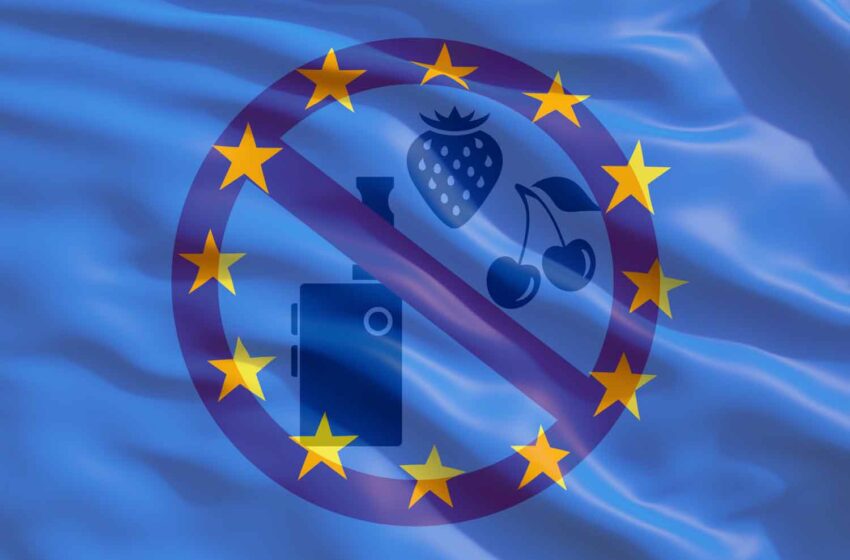
The Tholos Foundation has launched three white papers exposing the risks of banning flavors in vaping products at an event in Brussels hosted by Parliament Magazine and featuring contributions from Swedish MEP Johan Nissinen. The reports cover the impact of flavor bans in the real world, best practices to educate adult smokers and restrict underage usage, and analyze the public response to the European Commission’s 2023 public consultation.
Surveys commissioned by the Tholos Foundation and conducted by Ipsos in multiple countries have shown that a significant majority of vapers use flavors other than tobacco to help reduce and quit smoking. Notably, 83 percent of vapers in Germany stated that flavors are crucial in their decision to vape, with similar high percentages reported in Belgium, the Netherlands and Sweden. The research also showed that, in countries where flavors were banned, many vapers went back to smoking or for black market alternative, and reference numerous scientific studies confirming that flavors are essential for the effectiveness of vaping products in smoking cessation.
With European elections due to take place shortly, the Tholos Foundation believes it is imperative policymakers take heed of voters’ concerns and reject extensive restrictions on smoking alternatives.
“The evidence is clear: flavors in vaping products are critical to helping smokers quit,” said co-author Tim Andrews in a statement. “Banning flavors will create a black market and drive people back to smoking. Our reports offer an evidence-based approach that combines rigorous law enforcement, education, and technological innovations to reduce underage experimentation while preserving the benefits for adult smokers.
“With the European elections approaching, it is crucial for policymakers to understand the importance of harm reduction strategies. Our findings support a balanced approach that protects public health and helps smokers transition to safer alternatives.”
The Tholos Foundation is an international non-governmental organization, affiliated with Americans for Tax Reform, dedicated to advocating for consumers.

















